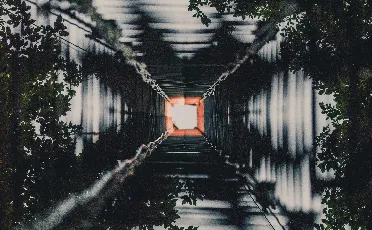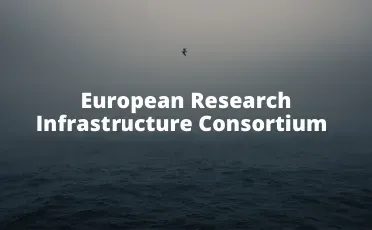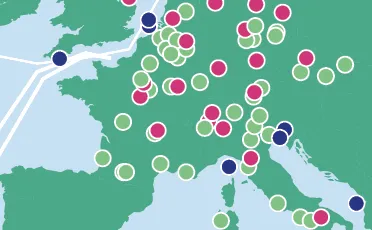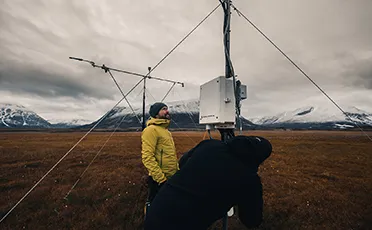The Integrated Carbon Observation System, ICOS, is a European-wide greenhouse gas research infrastructure. ICOS produces standardised data on greenhouse gas concentrations in the atmosphere, as well as on carbon fluxes between the atmosphere, the earth and oceans. This information is being used by scientists as well as by decision makers in predicting and mitigating climate change. The high-quality and open ICOS data is based on the measurements from over 168 stations across 16 European countries.
> ICOS in a nutshell
ICOS is the European pillar of a global greenhouse gas observation system.

We produce standardised, high-precision and long-term observations on greenhouse gases, used by scientists and decision makers in predicting and mitigating climate change.

We aim to provide high-quality data and elaborated data products for science on the carbon cycle and for quantifying greenhouse gas emissions and sinks across Europe.

What does ICOS RI mean? What are GHGs? This list contains the most common abbreviations used in ICOS.
> Organisation & governance
ICOS is a distributed research infrastructure, which means the key functions are shared and distributed among the member countries.

The page explains the distributed structure of the ICOS Research Infrastructure.

ICOS operations are coordinated by ICOS ERIC, which is a specific legal entity for European Research Infrastructures created by the European Commission.

ICOS receives funding from its member countries. The station networks are funded by different national agencies.

ICOS is the pillar of the European greenhouse gas observations. We operate mainly in Europe, but partnerships with similar major Research Infrastructures outside of the European Union are essential to us.
> Opportunities
ICOS offers many opportunities to scientists and students in the field.
> Join ICOS network
ICOS fosters Europe’s scientific competence and competitiveness by strategically pooling available resources linked to greenhouse gas measurements.
> Benefits of being in ICOS
> Process for countries
> Process of stations
> Contact us
Find the relevant contact people and get in touch with us.
> Head Office and Central Facilities
> National Networks
> For media
> Frequently asked questions (FAQ)
> Give us feedback
> User survey